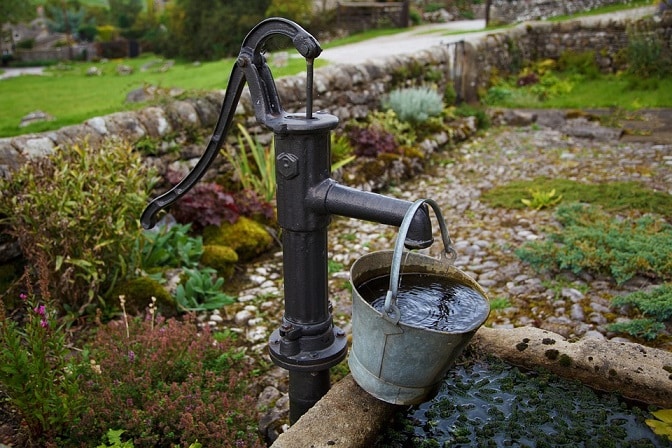 While many opinion leaders and businesses consider water a less likely risk, the water crisis remains continues to score high on the World Economic Forum’s global risk assessment as one of potential high impact.
While many opinion leaders and businesses consider water a less likely risk, the water crisis remains continues to score high on the World Economic Forum’s global risk assessment as one of potential high impact.
When combined with other high-ranking risks such as extreme weather events, natural catastrophes and climate change, water tops the risk ladder of many world leaders.
Leaders in the Middle East and South Asia foresee an acute water crisis, and those in South East Asia are extremely concerned about extreme weather events.
Jordan’s Minister of Water, Hazim El Nassar, stated last year that, We are one of the driest countries in the world, without further water investments we will not be able to grow Jordan’s economy and maintain societal stability.
Added to the effects of climate change and natural catastrophes, the current mass migration and influx of thousands of refugees into an area where there is already a water-shortage is putting Jordan in the dangerous position of its groundwater reserves being unsustainably depleted.
Mind-sets have to change, and thinking out of the box has to be the way of the future in order to turn the water crisis into an opportunity for development at an unprecedented scale. It is time to stop doing crisis-management and to start projecting a water-wise world.
Water is fundamental to people, animals, nature and societies, and in order to satisfy the needs of human activities and the surrounding ecosystems in an equitable and sustainable way, we need to manage water much more wisely:
- We need to dramatically reduce water wastage from leaky pipes and canals;
- Water that has served its economic purpose must be re-used and recycled together with the materials and energy within it; and
- Lakes, rivers, and groundwater reserves must be replenished
Business, government and civil society are at last realising that is the lifeblood of economies, societies and nature all at the same time, and that it needs to be recognised as a central pillar of sustainability and resilience.
Companies need to drastically reduce their water consumption, especially in water-stressed regions by becoming water-neutral and combing efficiency with safe re-use of water. Large businesses need to work with the communities to restore the quality of the rivers and lakes, and recharge the aquifers they depend upon. They must also truly engage with a variety of stakeholders in the value chain to manage water in a sustainable and water-wise way.
Get bottled watercooler and watercooler from Living-Water in London. Rent water cooler and bottled water cooler for your home or office.





